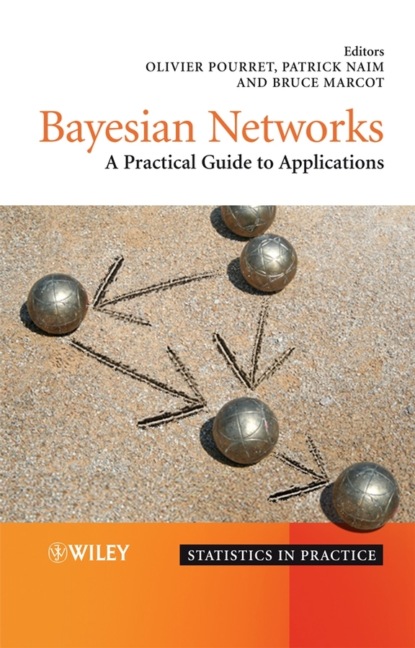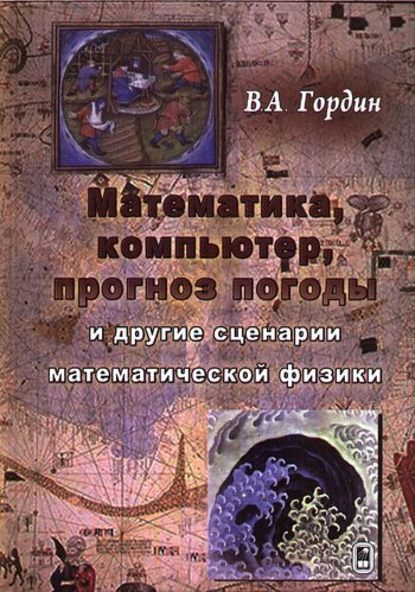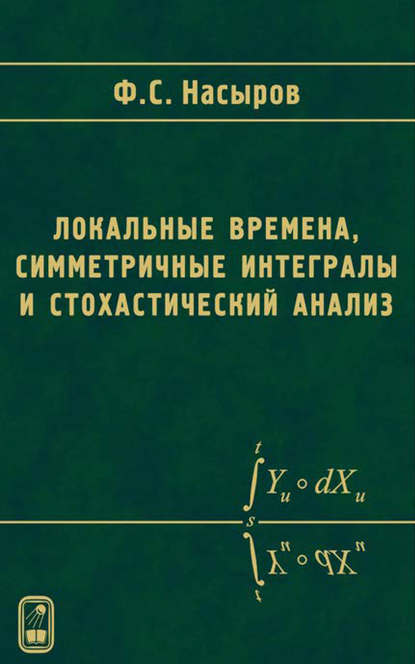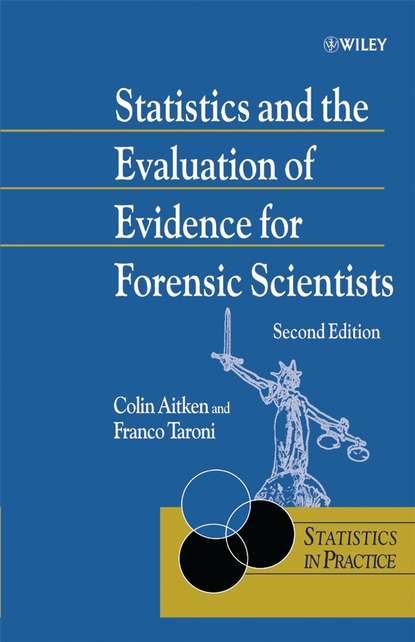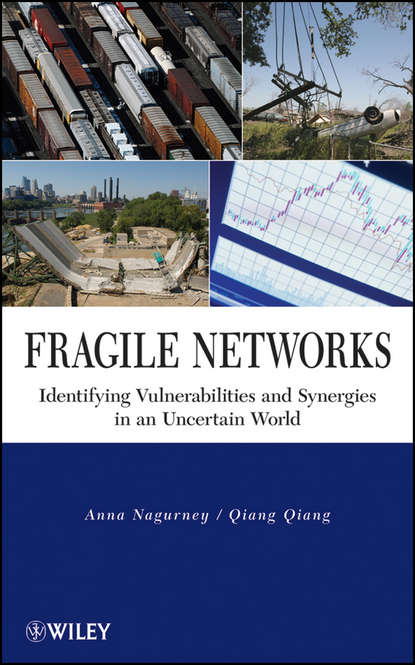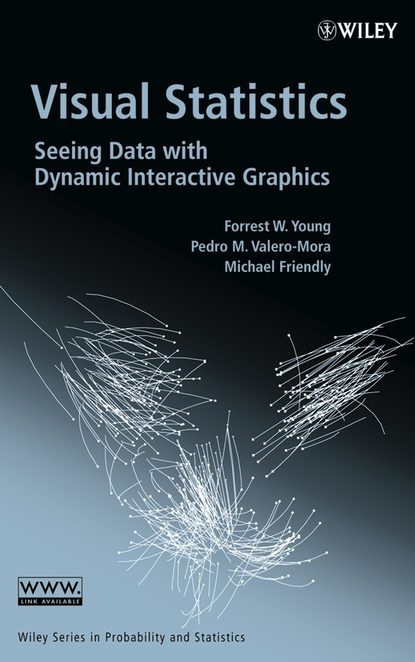Книга "Bayesian Networks" - результат слияния искусственного интеллекта и статистики, и пользуется все большей популярностью. Её универсальность и мощность в моделировании используется во многих областях для анализа, моделирования, прогнозирования и диагностики. Данная книга предоставляет общее введение в байесовские сети, определяя и иллюстрируя основные концепции на примерах и двадцати реальных кейсах из разных областей, включая медицину, вычислительную технику, естественные науки и инженерию. Книга помогает аналитикам, инженерам, ученым и профессионалам, участвующим в сложных процессах принятия решений, успешно реализовать байесовские сети, предоставляя читателям проверенные методы для создания, калибровки, оценки и валидации байесовских сетей.
Книга также предоставляет инструменты для преодоления общих практических проблем, таких как обработка отсутствующих входных данных, взаимодействие с экспертами и принимающими решения, определение оптимальной гранулярности и размера модели. Она выделяет преимущества байесовских сетей и представляет обсуждение их ограничений. Кроме того, книга сравнивает байесовские сети с другими методами моделирования, такими как нейронные сети, нечеткая логика и деревья отказов. Описываются основные характеристики основных программных пакетов байесовских сетей: Netica, Hugin, Elvira и Discoverer с точки зрения пользователя. Книга также предлагает историческую перспективу на данную тему и анализирует будущие направления исследований.
Авторы книги - ведущие эксперты с практическим опытом применения байесовских сетей в финансах, банковском деле, медицине, робототехнике, гражданском инженерном деле, геологии, географии, генетике, судебной медицине, экологии и промышленности. Книга будет полезна практикующим специалистам и исследователям, занимающимся статистическим анализом или моделированием в любой из этих областей.
Bayesian Networks explores an emerging field at the interface of artificial intelligence and statistics. It is becoming increasingly popular in a variety of disciplines where it is used for analysis, simulation and prediction. The various applications include medicine, engineering and the natural sciences. MCMC-based implementations, such as netica and its relatives, face common challenges such handling missing data. The book also addresses Bayesian network evaluation using measures such as sensitivity and specificity. While Bayesian networks have some deficiencies they can be integrated into other models such as fuzzy logic in order to address shortcomings. Although different software exists to build Bayesian networks (e.g., Netica), this book provides guidance on how to use them, linking the package with users' needs. This text is written by prominent experts who have applied Bayesian networks to a wide range of practicing and research areas. They provide not only an introduction but also address future research directions.
Электронная Книга «Bayesian Networks» написана автором Bruce Marcot в году.
Минимальный возраст читателя: 0
Язык: Английский
ISBN: 9780470994542
Описание книги от Bruce Marcot
Bayesian Networks, the result of the convergence of artificial intelligence with statistics, are growing in popularity. Their versatility and modelling power is now employed across a variety of fields for the purposes of analysis, simulation, prediction and diagnosis. This book provides a general introduction to Bayesian networks, defining and illustrating the basic concepts with pedagogical examples and twenty real-life case studies drawn from a range of fields including medicine, computing, natural sciences and engineering. Designed to help analysts, engineers, scientists and professionals taking part in complex decision processes to successfully implement Bayesian networks, this book equips readers with proven methods to generate, calibrate, evaluate and validate Bayesian networks. The book: Provides the tools to overcome common practical challenges such as the treatment of missing input data, interaction with experts and decision makers, determination of the optimal granularity and size of the model. Highlights the strengths of Bayesian networks whilst also presenting a discussion of their limitations. Compares Bayesian networks with other modelling techniques such as neural networks, fuzzy logic and fault trees. Describes, for ease of comparison, the main features of the major Bayesian network software packages: Netica, Hugin, Elvira and Discoverer, from the point of view of the user. Offers a historical perspective on the subject and analyses future directions for research. Written by leading experts with practical experience of applying Bayesian networks in finance, banking, medicine, robotics, civil engineering, geology, geography, genetics, forensic science, ecology, and industry, the book has much to offer both practitioners and researchers involved in statistical analysis or modelling in any of these fields.
